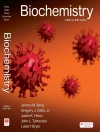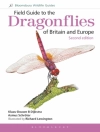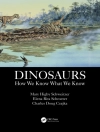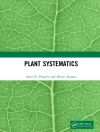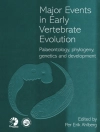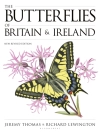In ’The Last Link: Our Present Knowledge of the Descent of Man, ’ Ernst Haeckel presents a compelling synthesis of contemporary scientific thought, integrating findings from paleontology, anthropology, and embryology to advocate for Darwinian evolution. Haeckel’s literary style is both eloquent and accessible, employing vivid illustrations to elucidate complex concepts. The book’s context is rooted in the late 19th-century intellectual landscape, a time marked by fierce debates concerning evolution, morality, and human origins, which Haeckel navigates with both rigor and artistic flair. Ernst Haeckel, a prominent German biologist and philosopher, was deeply influenced by Charles Darwin’s theories, which galvanized his pursuit of evolutionary biology. A contemporary of the rise of existential thought in Europe, Haeckel’s work reflects not just scientific inquiry but also the cultural tensions of his time regarding religion and science. His multifaceted expertise in both zoology and art enriched his writings, allowing him to express complex ideas through a synthesis of science and philosophy. This book is essential for anyone seeking to understand the intersection of science and philosophy in the 19th century. Haeckel’s rigorous yet poetic exploration of human evolution invites readers to contemplate their own place in the continuum of life, making it a vital addition to both scientific and philosophical discourse.
Om författaren
Ernst Haeckel, a distinguished German biologist, naturalist, philosopher, and artist, was born on February 16, 1834, in Potsdam, Prussia and passed away on August 9, 1919. He was a fervent proponent of Charles Darwin’s theory of evolution and made significant contributions to the biological sciences during the 19th century. Haeckel coined many terms pivotal to the modern understanding of biology, such as ’ecology’ and ’phylum’. His scientific works extended beyond mere discussion, synergizing artistic renderings of life forms with the scientific narrative. Among his numerous publications, ’The Last Link: Our Present Knowledge of the Descent of Man’ stands as a prominent reference for the evolutionary heritage of humans. Influencing the scientific community and public opinion, Haeckel championed the idea of monism, seeking to bridge the gap between science and spirituality. His artistic creation ’Kunstformen der Natur’ (’Art Forms in Nature’) is a testament to his commitment to illustrating life’s diversity, furthering the public appreciation for biological forms. Despite certain controversial aspects of his work and legacy, Haeckel’s contributions have shaped both scientific thought and the public understanding of our evolutionary roots.


